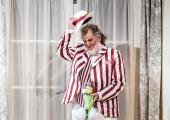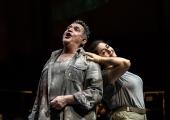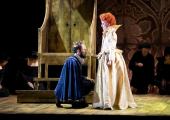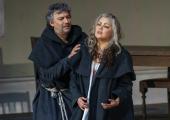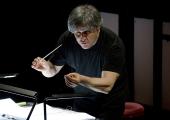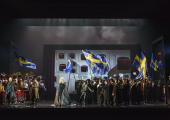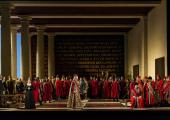Last Night of the Proms, Barton, BBCSO, Oramo review – woke not broke
Traditional revelries, but with a strong focus on diversity and inclusion
The BBC put social and ethnic diversity at the heart of this Last Night programme. The concert opened with a new work, by Daniel Kidane, called Woke, and the first half was dominated by the music of black and female composers.


